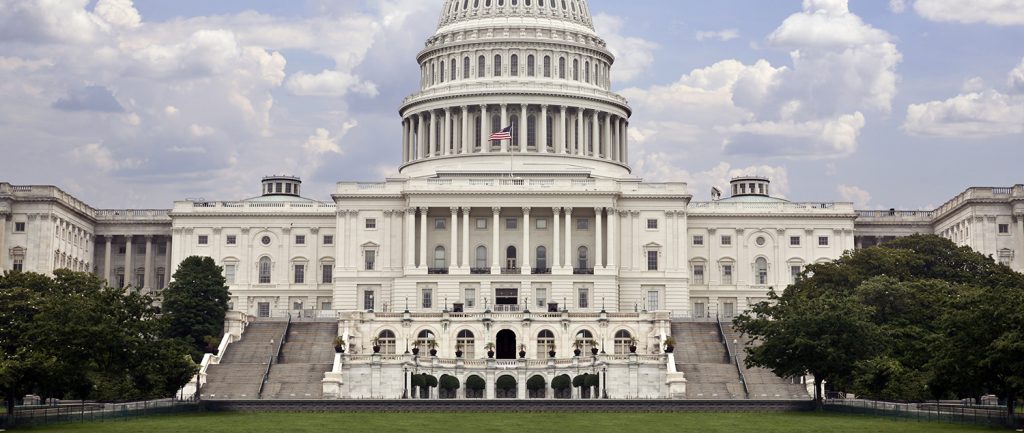MSGA, along with North Dakota, South Dakota associations, delivers letter to United States Trade Representative
The Minnesota Soybean Growers Association (MSGA), along with associations in two neighboring states, this week submitted formal comments to the Office of the United States Trade Representative (USTR) regarding USTR’s annual report to Congress on China’s compliance with World Trade Organization (WTO) commitments.
In comments submitted in concert with the North Dakota Soybean Growers Association and the South Dakota Soybean Growers Association, MSGA commented specifically about requirements imposed by China that ultimately restricted market access for U.S. soybeans.
“Our three nonpartisan associations represent the interests of more than 40,000 farmers who grow soybeans in our tri-state region, and USTR represents our side on this vitally important issue,” said Joe Smentek, MSGA Executive Director. “Submitting these comments give us a rare chance to illustrate to USTR the barriers we still face and a chance to advocate to the administration to fix those barriers.”
COVID-19 presented a unique opportunity to MSGA and others to formally express its concerns to USTR’s Trade Policy Staff Committee, as the agency normally would hold in-person hearings in preparation for its annual report to Congress.
“China is such an enormous and important market for our growers,” Smentek said. “We’ve made a strong case in our comments that the USTR should prioritize the elimination of these barriers in talks around the Phase Two trade deal.”
Trade barriers with China have been particularly harmful to growers in Minnesota, North Dakota and South Dakota – states whose soybeans primarily ship to Asia out of the Pacific Northwest. In 2017, the last year prior to China’s imposition of this trade restriction, 90% of all Minnesota soy exports went to China, while 70% of all soybeans produced in North Dakota and South Dakota went to China.
China committed to follow WTO rules when it became a member in 2001. However, in December of 2017, China unilaterally imposed a less-than-1% foreign material (FM) requirement under threat of halting all imports of U.S.-origin soybeans. A 2% FM threshold is normally allowed in U.S. commodity soybean export shipments.
China’s changes, which went into effect Jan. 1, 2018, resulted in uncertainly and immediately caused U.S. soybean exports to decline – months before the start of the U.S.-China tariff war. Unless USTR gets the regulations removed, they will continue to restrict U.S. soybean exports even after the U.S.-China tariff dispute ends.
Please read the joint comments from the Minnesota Soybean Growers Association, North Dakota Soybean Growers Association and South Dakota Soybean Growers Association here.





